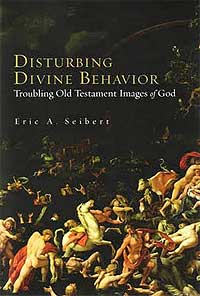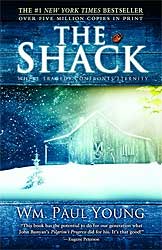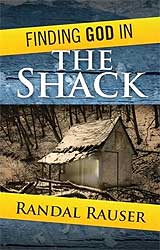One of the most marvelous passages of Scripture in the Tanak is found at the end of the book of Job where Yahweh (surprisingly) responds to Job from the whirlwind (Job 38:1-42:6). I’ve tended to understand Yahweh’s reply to Job as a series of unanswerable questions that put Job and his so-called friends in their place, so to speak. If Job doesn’t understand the workings of the world in which he finds himself, then how does he expect to understand the workings of God’s moral universe? The questions are to humble Job and underscore human finititude. The questions should elicit epistemic humility in Job (and the reader). In my mind, they highlight that the theme of the book of Job is less about “suffering” or “theodicy” than it is about “Who is truly wise?” That is, who understands the question of suffering?
The other day my theology colleague brought to my attention a short section on “Job and Inexplicability” in an essay by philosopher Slavoj Žižek. The essay is from the recently published volume edited by John Milbank, Paul’s New Moment: Continental Philosophy and the Future of Christian Theology (Brazos, 2010; Buy from Amazon.ca | Amazon.com). In this section, Žižek understands God’s response to Job also highlights that God doesn’t even understand his own creation. He notes:
The rationalist points out that the fine thing about the world is that it can all be explained. But this is the point that God’s reply explicitly opposes — if I may put it so — to the point of violence. God says, in effect, that if there is one fine thing about the world, as far as people are concerned, it is that it cannot be explained. He insists on the inexplicableness of everything.
….
Again, to startle humans, God becomes, for an instant, a blasphemer. One might almost say that God becomes, for an instant, an atheist. He unrolls before Job a long panorama of created things… The Maker of all things is astonished at the things he has himself made. Again, here the point is not that God knows the deeper meaning, but it is as if God himself is overwhelmed at the excess of his creation (pp. 177-78).
While Žižek’s notion is provocative, I’m not sure that it is borne out by the text itself. I agree with the first paragraph above; the world we find ourselves in is ultimately inexplicable from our vantage point. I am not so sure I agree with the second paragraph, that God himself also doesn’t “know the deeper meaning.” The force of the rhetorical questions is that while Job (and all humans) may not know, Yahweh does. While I believe this is implied throughout the entire passage, it is explicit in a number of places:
“Where were you when I laid the earth’s foundations? Speak if you have understanding” (Job 38:4)
“Have you penetrated the vaults of snow, Seen the vaults of hail, Which I have put aside for a time of adversity, For a day of war and battle?” (Job 38:22-23)
“Who sets the wild ass free? Who loosens the bonds of the onager, Whose home I have made the wilderness, The salt land his dwelling-place? He scoffs at the tumult of the city, Does not hear the shouts of the driver. He roams the hills for his pasture; He searches for any green thing” (Job 39:5-8).
That God knows and understands is even more clear in his second response to Job, IMHO. So while Žižek’s comments are intriguing, they are only partially correct. What do you think?

 Disturbing Divine Behavior:
Disturbing Divine Behavior: If you haven’t heard of the popular novel The Shack (Buy from
If you haven’t heard of the popular novel The Shack (Buy from  This is exactly what my colleague and friend, Randal Rauser has written with his just published volume, Finding God in The Shack (Paternoster, 2009; Buy from
This is exactly what my colleague and friend, Randal Rauser has written with his just published volume, Finding God in The Shack (Paternoster, 2009; Buy from